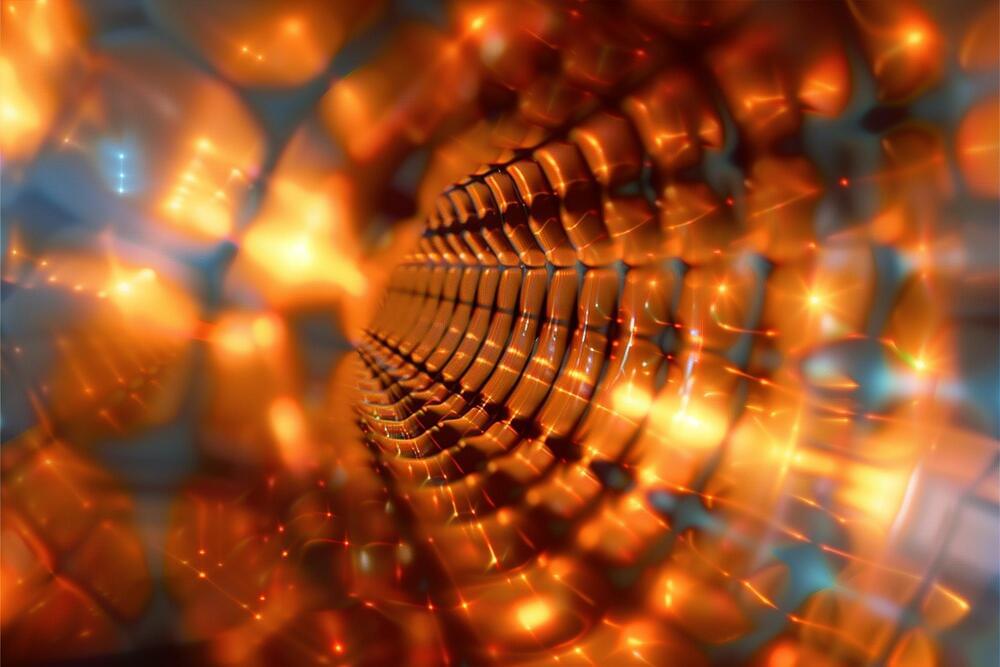
Researchers have achieved a breakthrough in observing intrinsic magnetic structures in kagome lattices, which may significantly influence future quantum computing and superconductivity applications.
A research team led by Prof. Qingyou Lu from the Hefei Institutes of Physical Science at the Chinese Academy of Sciences, in collaboration with Prof. Yimin Xiong from Anhui University, has achieved a groundbreaking discovery. Using advanced techniques such as magnetic force microscopy (MFM), electron paramagnetic resonance spectroscopy, and micromagnetic simulations, they have made the first-ever observation of intrinsic magnetic structures within a kagome lattice.
These findings, published recently in Advanced Science, shed new light on the behavior of materials, which is largely determined by the interaction between their internal electrons and lattice structure. Kagome lattices, known for their unique properties like Dirac points and flat bands, display extraordinary phenomena such as topological magnetism and unconventional superconductivity. These lattices are of great interest because of their potential to unlock new insights into high-temperature superconductivity and quantum computing. Despite this, the intrinsic spin patterns that define these materials have remained elusive—until now.


















